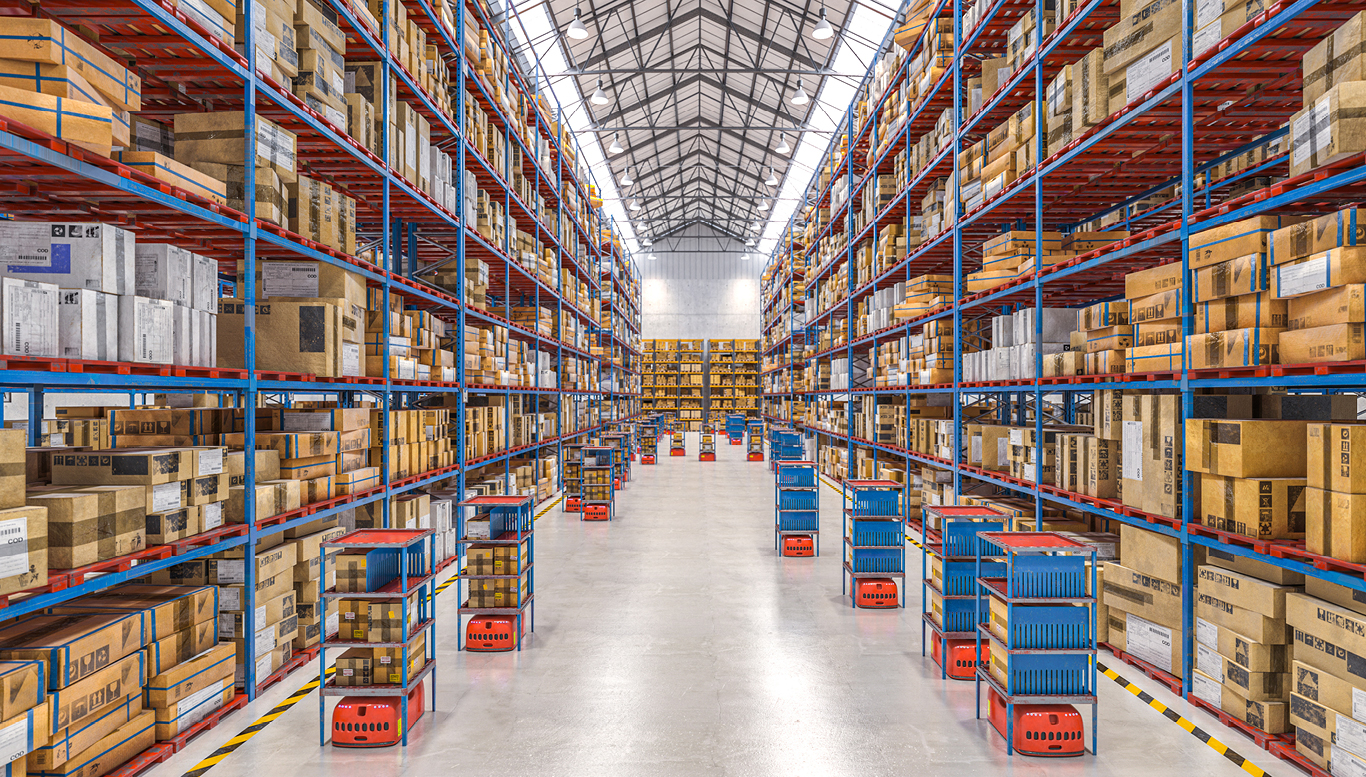Pesmel Establishes Its Position in India

In six years, Pesmel Oy’s business activities in India have grown at least according to expectations. Finnpartnership’s support gave the company’s operations in India a boost.
Manufacturer of automated logistics, storing and packaging solutions, Pesmel Oy became established in India in 2008. Mumbai was chosen as the subsidiary’s location. At the preparation phase, the company received Finnpartnership’s Business Partnership Support for planning its establishment in India and conducting the necessary market studies.
Pesmel’s previous CEO Timo Äijö praised the importance of Business Partnership Support for the company in the beginning of the project in 2010: “Finnpartnership’s support was like a turbo charge. It helped us get a good start because it enabled us to focus much more carefully on what we were doing. Our input in India during the initial stage was far greater than in any other country before.”
Current CEO Tony Leikas says that the first six years in India have gone at least as well as they expected and possibly a little better. “At first, the market seemed strange, but now we know it well and have been accepted in the local business culture,” Leikas says. This is evident in the number of sales. In six years, the company has provided just over MEUR 25 worth of systems in India. According to Leikas, this is on average 20 per cent of the whole Group’s net turnover. “India and China are our main markets. In 2014, 70 per cent of the Group’s turnover came from these countries,” Leikas says. The company’s most significant customer groups in Asia are companies in the metal and paper industries.
The Importance of Customer Support Is Growing
Pesmel was established in 1978. The company’s head office is in Kauhajoki and it also has a manufacturing plant in Estonia. The whole Group employs about 160 people, of which a little less than a hundred are in Finland. In India, Pesmel has hired more staff. It now has 14 employees there to take care of the installation and commissioning of the systems and to provide customer support.
According to Leikas, well-organised maintenance and support services are an even more important asset in India than before. “We intend to strengthen our customer support activities. These services are running extremely well now, and we intend to utilise them for deliveries that are ready to be sent and all new deliveries.”
India’s Economy is Accelerating
Pesmel competes with local manufacturers in India. Its steel industry systems also have to compete with Germany, and its paper industry with the other Nordic countries. Leikas believes that Pesmel has an excellent chance of increasing its revenue in India over the next few years.
Its prospects are improved by the country’s accelerating economic growth. In 2014 and 2015, the growth is predicted to reach six per cent, but over the coming years India may even reach a growth of 7–8 per cent. “The steel industry in particular has a lot of potential. Steel consumption in India is small compared to many other countries. However, new investments in construction and infrastructure are expected over the next few years, which will increase the use of steel.”
Looking into Local Manufacture
Economic growth and the improvement of consumers’ purchasing power are also benefiting the packaging industry. In October 2014, Pesmel received a considerable order from the state of Tamil Nadu in Southern India. It is for two storage systems for a new packing board factory, which is due to start its operations in 2016.
Leikas says that the Indian client was looking for the latest technology. Pesmel’s warehouses are completely automated and unmanned. They are controlled via a warehouse control system that takes care of product specifications, sorts products and is connected to the packing board factory’s data system.
Alongside new clients, Pesmel is now looking into the possibility of local manufacture in India. Some of the components for the systems are currently imported into India from China, where Pesmel has a subcontracting network. “We are now investigating whether the part of manufacture that currently takes place in China could be moved to India.”
According to Leikas, Pesmel has had no major setbacks in its six years in India. The greatest challenge, he says, is the local bureaucracy. In particular, the complicated tax regulations, which vary by state, occasionally cause extra work for the finance department. “But we have made headway even with these, because in the end the regulations are quite logical. A good local accountant will help you to find the right solutions,” Leikas advises.
Share on social media


